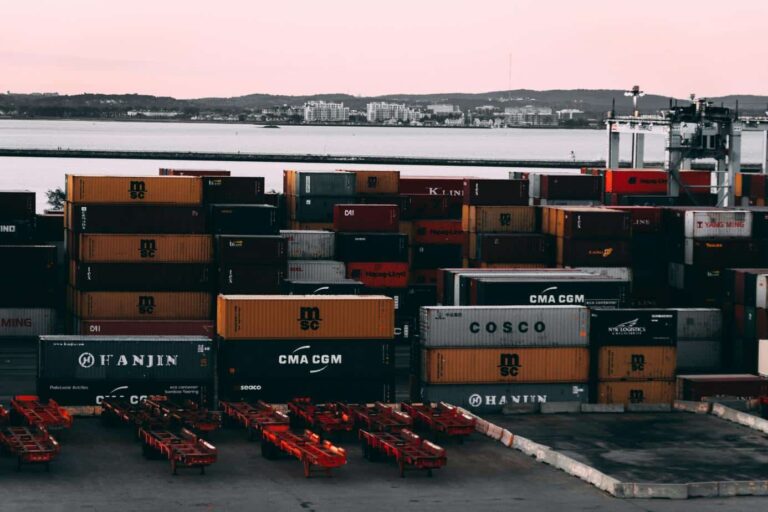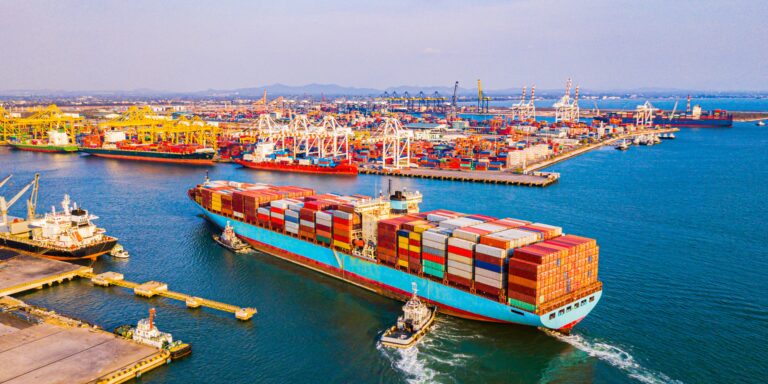China Imposes Anti-Dumping Levy on US Chemical Imports Amid Escalating Trade Tensions
The ongoing trade tensions between the United States and China have taken a new turn as China recently announced the imposition of a levy on imports of a key chemical from the US. The acid in question, propionic acid, is widely used in various industries, including food, feed, pesticides, and medical fields. This move by China comes amidst heightened trade tensions and serves as another episode in the escalating trade dispute between the two largest economies in the world. In this blog post, we will delve into the details of this development and explore the potential implications it has on the trade relationship between the US and China.
Imposing the Anti-Dumping Levy:
China’s Ministry of Commerce stated that starting from Saturday, imports of propionic acid from the United States will be subject to a significant levy of 43.5%. This decision follows an investigation conducted in July, which found that the Chinese domestic propionic acid industry had suffered substantial harm due to the import of the US chemical. By imposing this anti-dumping levy, China aims to protect its domestic industry and level the playing field in response to perceived unfair trade practices.
Escalating Trade Tensions:
This latest move from China adds to the ever-escalating trade tensions between the US and China. Despite recent diplomatic visits, both countries have been engaged in a series of retaliatory measures, including the threat of tariff hikes and pressure to restrict trade activities. The US has recently threatened to increase tariffs on Chinese steel imports and has urged Mexico to prevent China from indirectly selling metal products to the US via Mexico. It is clear that the trade dispute shows no signs of abating and has far-reaching implications across various industries.
Potential Impacts on Trade Relations:
The imposition of an anti-dumping levy on US propionic acid imports signifies a growing rift in the trade relations between the US and China. This move raises concerns about the future stability and continuity of bilateral trade, particularly in the chemical sector. The US chemical industry, which heavily relies on exporting propionic acid to China, may witness a decline in demand and face financial challenges due to the higher levy imposed by China.
Navigating Uncertainty and Mitigating Risks:
In this uncertain climate, businesses involved in international trade, especially those in the chemical industry, must carefully evaluate and manage potential risks. It is essential to closely monitor the evolving trade policies and regulations, and assess the viability of alternative markets and supply chains. Diversification of trade partners and exploring new avenues can help mitigate the impact of these trade tensions and reduce dependency on a single market.
Seeking Resolution and Stability:
Amidst the trade tensions, it is in the interest of both nations to seek a constructive resolution and restore stability to the trade relationship. Dialogue, negotiation, and renewed efforts toward fair and equitable trade practices will be crucial in bringing about long-term solutions. The global economy would benefit from a more harmonious and cooperative trade environment between these key players.
Conclusion:
China’s recent imposition of an anti-dumping levy on US propionic acid imports demonstrates the deepening trade tensions between the two economic giants. This move has immediate implications for the US chemical industry and raises broader concerns about the future of bilateral trade relations. As businesses navigate this uncertain landscape, adaptability, proactive risk management, and a focus on alternative markets will be key to weathering the storm. Ultimately, a commitment to dialogue and fair trade practices can pave the way for a more stable and mutually beneficial future between the US and China.
Source article: https://money.usnews.com/investing/news/articles/2024-04-19/china-slaps-anti-dumping-levy-on-import-of-a-us-chemical-amid-rising-trade-tensions

Importing 201
Did you know that U.S. Customs requires that importers have written policy and procedures for record-keeping and customs compliance? This course builds upon techniques presented in our U.S. Importing course and explains how to implement and strengthen your import controls. The course also describes what you should do to prepare for the eventuality of a CBP audit.







